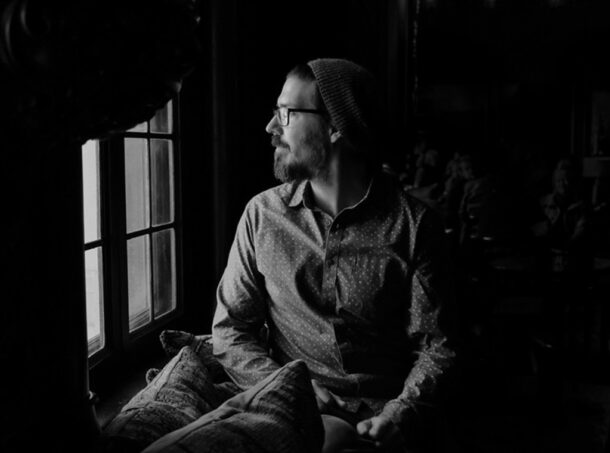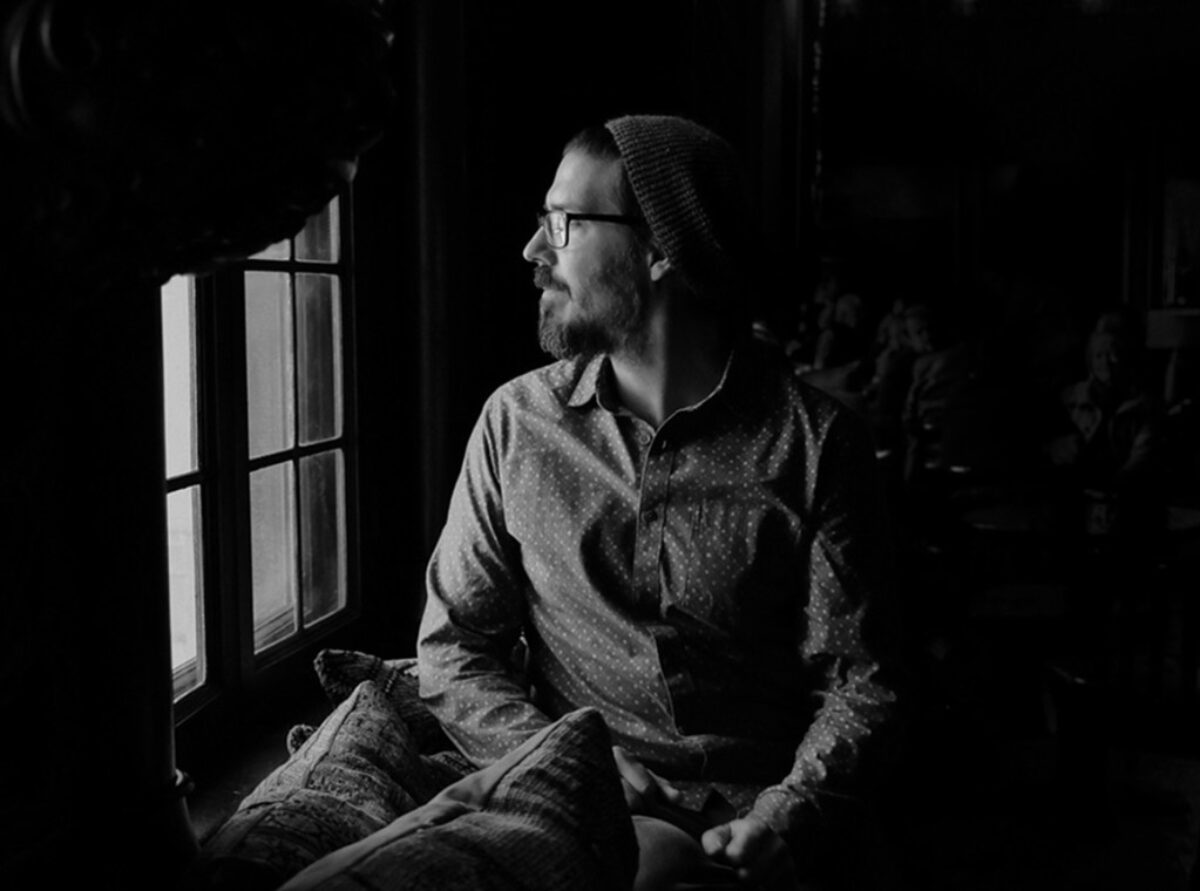
Profs & Pints Baltimore: Assisted Suicide for Mental Illness
Profs and Pints Baltimore presents: “Assisted Suicide for Mental Illness,” on a growing practice that raises huge ethical questions, with Mark Komrad, M.D., a psychiatrist and medical ethicist on the teaching faculty of the University of Maryland and Johns Hopkins, Tulane, and Louisiana State universities.
In several European countries, physician-assisted suicide by oral prescription and euthanasia by lethal injection is being made available to psychiatric patients. Sometimes it’s even administered by their own treating psychiatrists.
Closer to home, Canada, which now offers euthanasia for some people who are chronically ill, plans to expand eligibility to those dealing only with psychiatric disorders in March 2027, and in some of its provinces church-based healthcare centers cannot refuse to offer euthanasia services. Currently four out of every 100 Canadians dies by medical euthanasia, making it the fifth leading cause of death in that country. Here in the United States, assisted suicide, available in twelve U.S. states to the terminally ill, has already been provided in one state to some psychiatric patients with anorexia.
Legal permission for doctors to help kill certain patients—or provide them with the means to kill themselves—represents a profound change in the fundamentals of 2300 years of medical ethics.
Learn how professional medical organizations around the world have been responding, and become familiar with the ethical arguments for and against these practices, with Dr. Mark Komrad, a longtime medical ethicist who has published widely on the topic and helped craft the American Psychiatric Association’s position statement on it.
We’ll look at specific data from Belgium, Netherlands, Canada, and the US, and see the way these practices have accelerated over time, profoundly altering these societies’ attitudes towards mental illness, disability, and what lives are “worth living.”
Among the vital questions we’ll explore: Are mental disorders ever truly terminal and their treatment ever really futile? Could failures in the mental healthcare system and social safety net push people to choose this way out? Does it undermine suicide prevention efforts to sanction suicide as a medical “treatment”?
What does it mean to be a psychiatrist if suicide can be provided and not just prevented? (Advance tickets: $13.50 plus sales tax and processing fees. Doors: $17, or $15 with a student ID. Talk begins at 4:30. Attendees may arrive any time after 3 pm.)
[If you are in distress Dial 988 to reach the Suicide and Crisis Lifeline, which provides 24/7 free and confidential support as well as prevention and crisis resources.]
1611 Guilford Ave.
Baltimore, 21202









